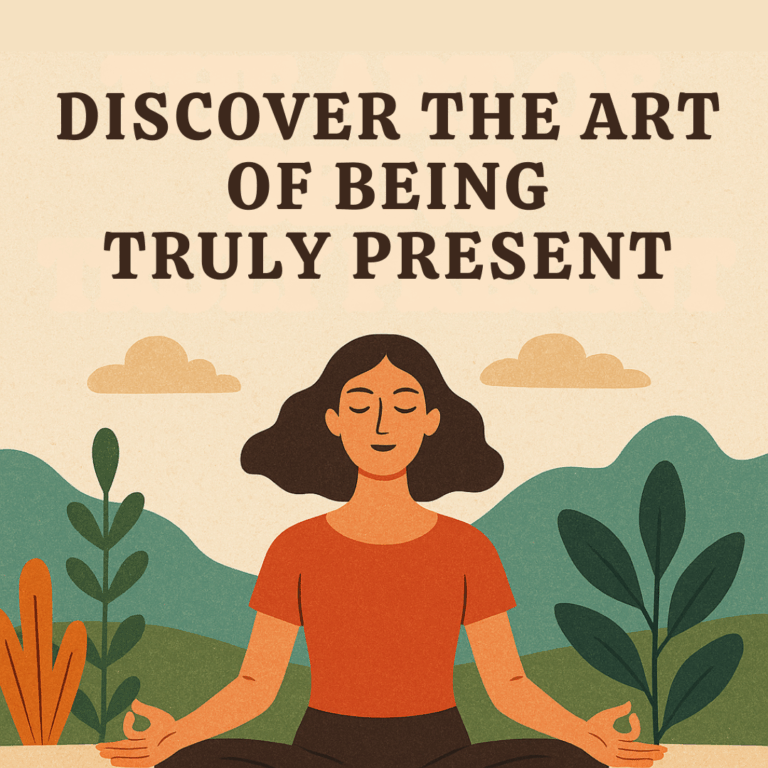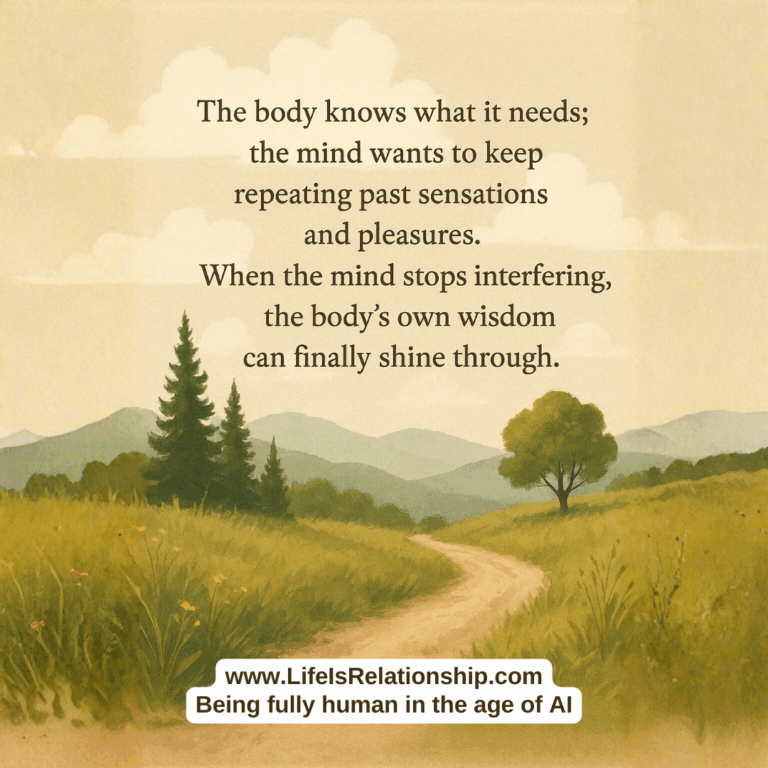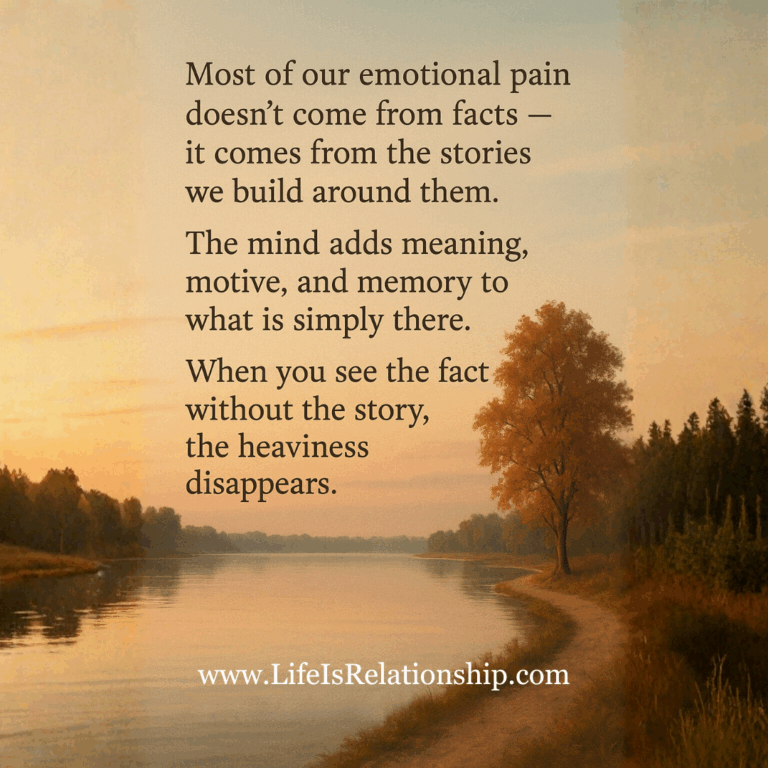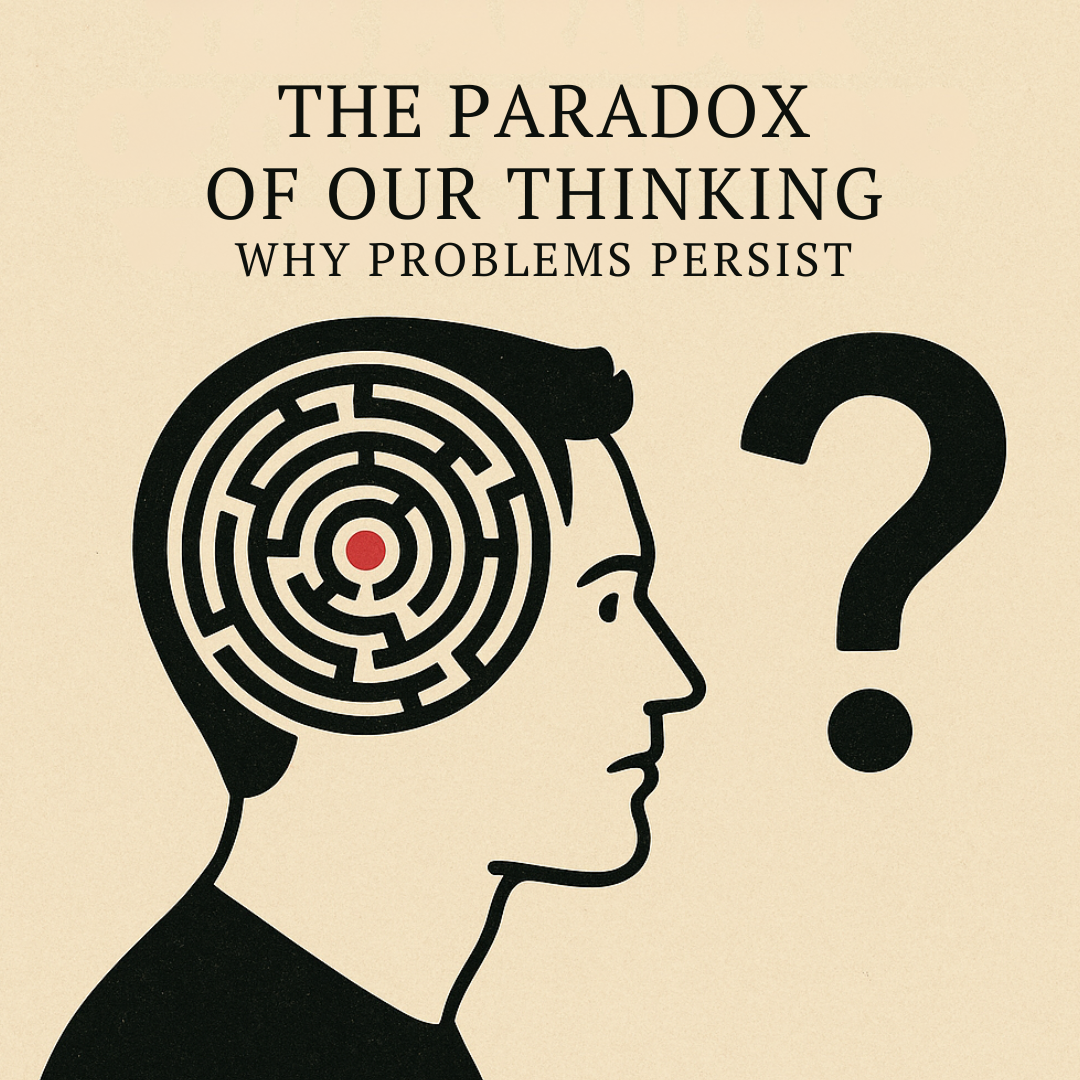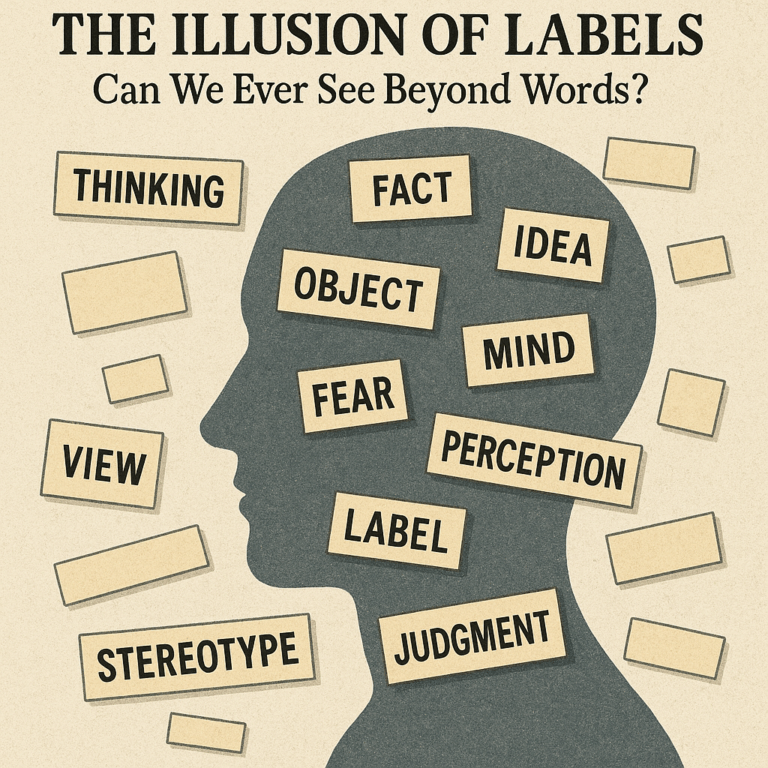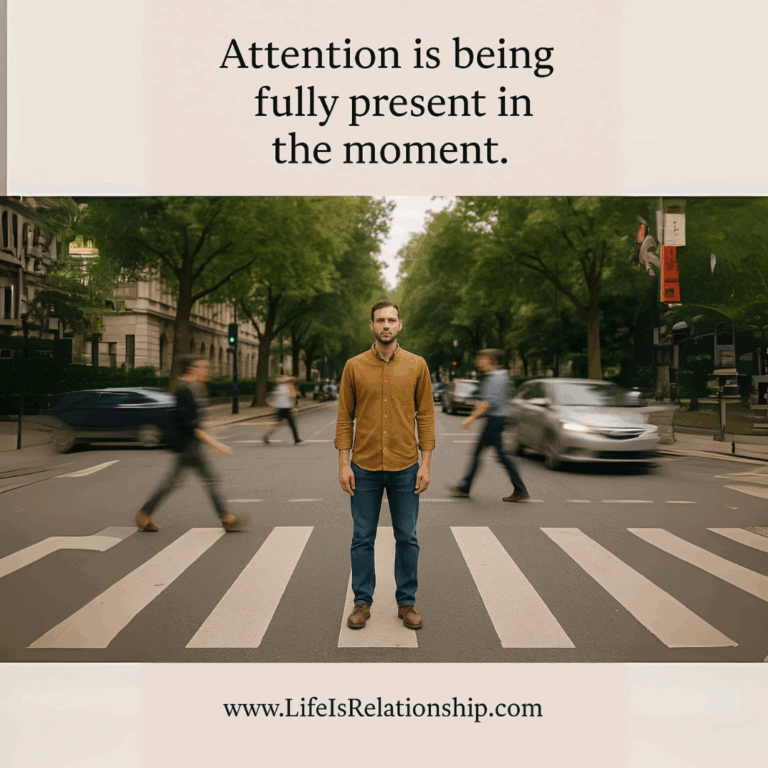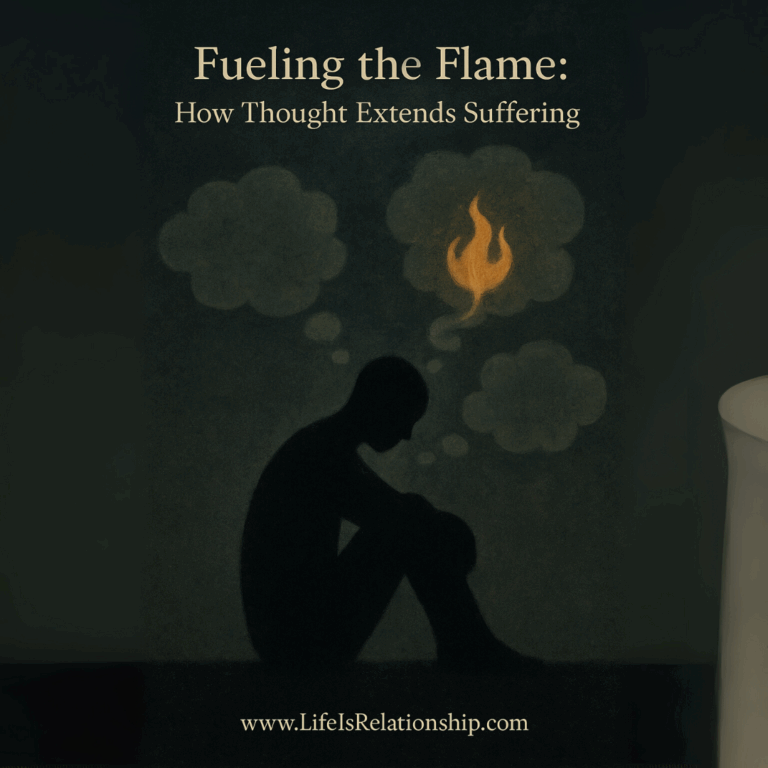In society, the concepts of good and bad are not merely observations but deeply ingrained beliefs shaped by our upbringing and societal conditioning.
From a young age, we are taught to categorize actions, intentions, and people strictly within these dualities. But what truly constitutes “good” or “bad,” and are these judgments as clear-cut as they appear?
Conditioned Good
Often, what we consider “good” actions—like donating money or performing community service—are influenced by societal reinforcement that labels these actions as noble or beneficial.
This conditioning suggests that such deeds are pathways to recognition or spiritual rewards, such as a safe passage into the afterlife.
However, this raises the question: Are these actions genuinely altruistic, or are they performed out of a desire for personal gain or societal approval?
When “good” deeds are conditioned by expectations of a return, either in this life or beyond, the purity of these actions becomes questionable, tethered as they are to the pursuit of personal benefit.
Conditioned Bad
On the flip side, behaviors labeled as “bad” often involve self-centered actions, division, conflict, and corruption.
These actions can stem from a deeply ingrained sense of survival and competition fostered by societal structures that prioritize individual success over collective well-being.
This conditioning leads to a society where conflict and division are normalized, even rationalized, as natural human behavior.
The result is a perpetual state of man against man, group against group, each justified by the conditioned belief in the “other” as a threat or competitor.
Beyond the Conflict of Good and Bad
The ongoing battle between good and bad is a significant source of tension and conflict within societies.
This struggle is based on the assumption that good must actively combat and overcome bad.
However, true goodness—genuine, unconditioned goodness—cannot arise from conflict.
When “good” actions are performed in opposition to “bad,” they inherently include an element of conflict, implying that such goodness is not pure but rather a reaction to negativity.
True goodness exists beyond these dualities
It emerges not from a place of conflict or conditioned responses but from a deep understanding of truth and a recognition of the contradictions within oneself.
This form of goodness is spontaneous and unpremeditated, born from a clear insight into the nature of life and human interaction without the distortive lens of conditioned thinking.
To discover such unconditioned goodness, one must embark on a journey of self-reflection and awareness, questioning the very foundations of what we have been taught to accept as good and bad.
By understanding our own motives and the conditioning behind them, we can begin to free ourselves from these dualities and embrace a form of goodness that is not a reaction to evil but an independent state of being, rooted in awareness and compassion.
This is the essence of true goodness: a state that transcends societal conditioning and resonates with the deepest truths of human existence.


